T4K3.news
Thames Water rescue plan moves forward
Defra has signaled contingency planning for a Special Administration regime as Thames Water seeks a private bailout and regulator-approved spending plan.
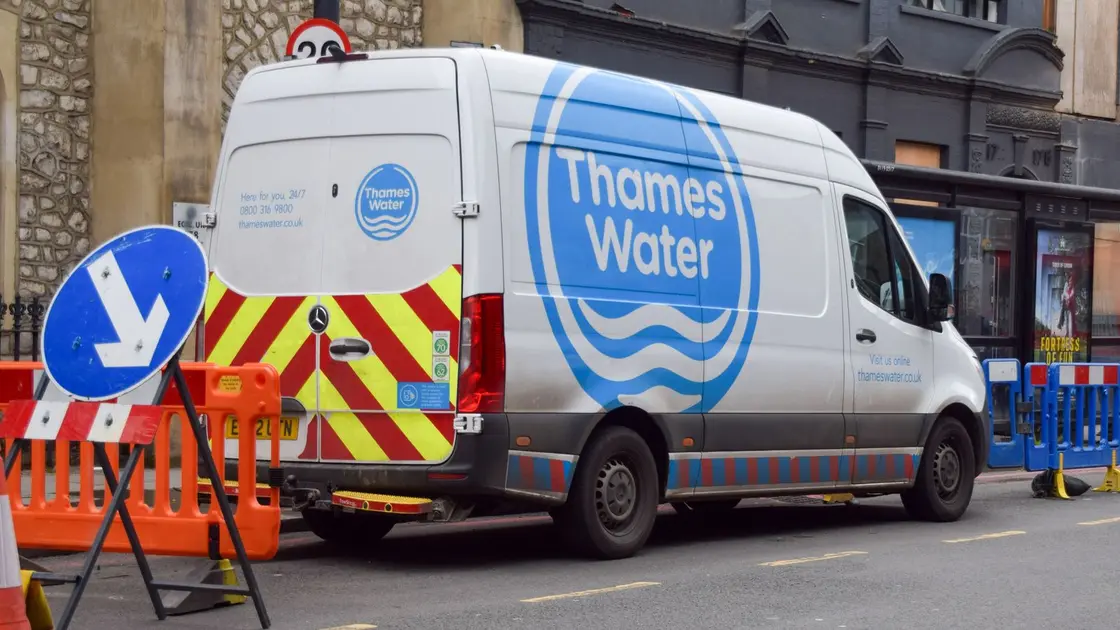
DEFRA has signed off a contingency plan with FTI Consulting to advise on a potential Special Administration regime for Thames Water.
Ministers line up administrator for Thames Water rescue
Ministers have asked insolvency experts to prepare for a possible Special Administration regime for Thames Water, Britain's biggest water supplier. DEFRA has signed off FTI Consulting to advise on contingency plans that would guide a court if the company fails to secure a private bailout. The aim is to keep water and sewer services running while lenders and regulators work on a rescue package that could involve new capital of around £5bn and a write down of about £12bn in value. Any SAR would require court approval, and officials say the move remains a contingency rather than an imminent outcome.
Talks between Thames Water, its lenders and Ofwat are ongoing as they seek a deal. The company is pressing for more money while regulators weigh forbearance on fines. Government officials say the SAR option is a contingency, not a plan to nationalize the company. The process echoes the 2021 Bulb rescue, which ended with taxpayer support while the company was restructured. There is a late October deadline to appeal to the CMA over Ofwat's final determination on its next five-year spending plan. A veteran troubleshooter, Mike McTighe, has been brought in to work with the funds, while Ofwat chief executive David Black steps down and is replaced on an interim basis by Chris Walters. Thames Water has warned of material uncertainty over solvency in its latest accounts.
Key Takeaways
"The government will always act in the national interest on these issues."
Government spokesperson response to Sky News inquiry
"Thames Water must meet its statutory and regulatory obligations to its customers and to the environment"
Steve Reed remarks in the House of Commons
"The SAR process can only be instigated when a company becomes insolvent or breaches enforcement orders"
SAR rules briefing
"The company remains financially stable, but we have stepped up our preparations and stand ready for all eventualities"
DEFRA statement responding to Sky News
The move shows how governments balance keeping essential services running with protecting public finances and investor confidence. Using a Special Administration as a last resort could shield customers from service disruption, but it also raises questions about who shoulders the bill if private finance dries up. The episode highlights a broader tension in Britain’s water sector: sustain private investment while ensuring accountability and fair costs for households. Expect scrutiny of governance, capex plans, and the willingness of regulators to constrain or discipline executives when things go wrong.
Highlights
- Taxpayers should not be left holding the bag
- Water service must run even when the books are leaky
- Bailouts without reform set a risky precedent
- Public trust in water is earned by clear choices
Budget and political risk around Thames Water rescue
The push to use a Special Administration and potential taxpayer bailout hinges on political choices and public funds. If costs rise, it could trigger backlash among voters and investors and invite scrutiny of the sector's governance.
The coming weeks will test how Britain protects essential services while managing private risk.
Enjoyed this? Let your friends know!
Related News
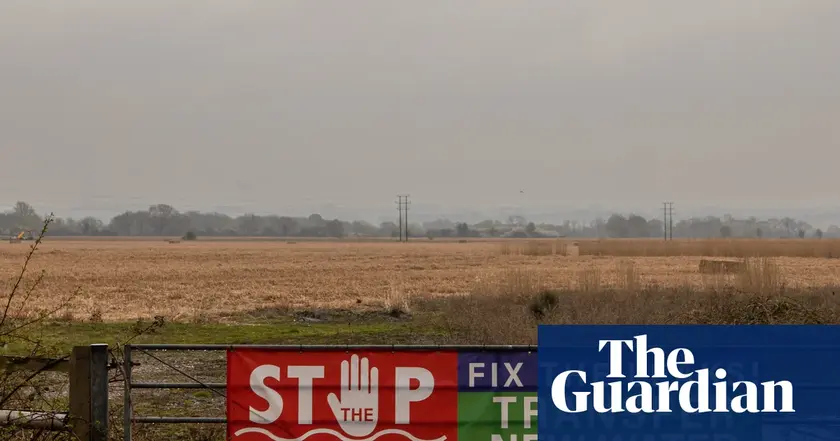
Abingdon reservoir cost rises
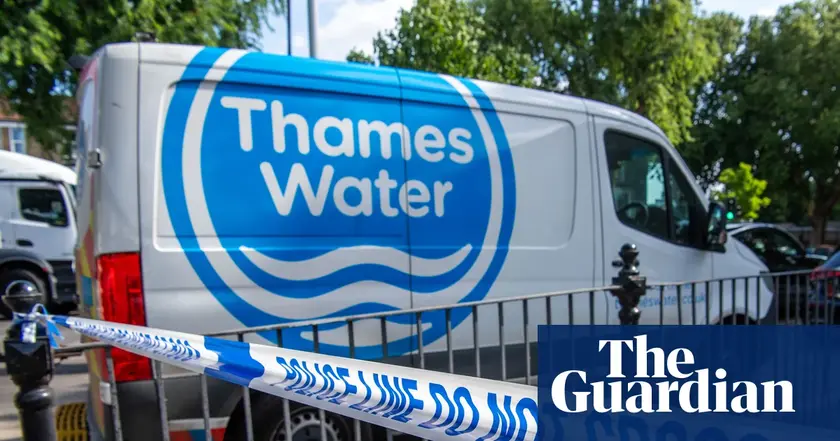
Thames Water appoints advisers to plan for potential collapse
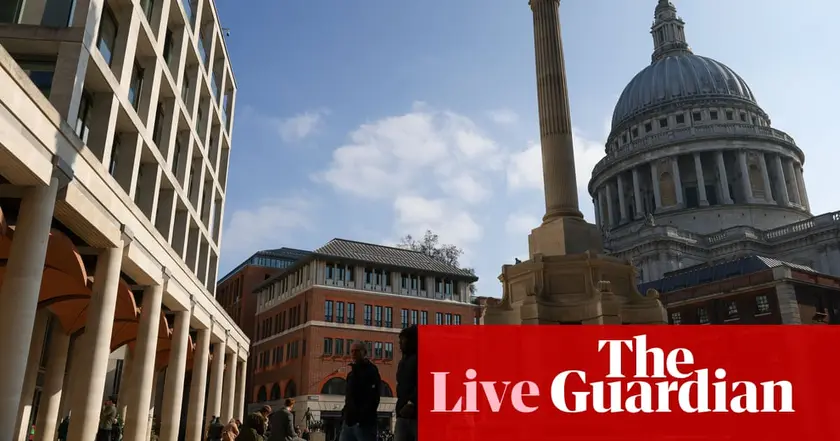
FTSE 100 share index reaches 9,000 points

Thames Water rescue under review
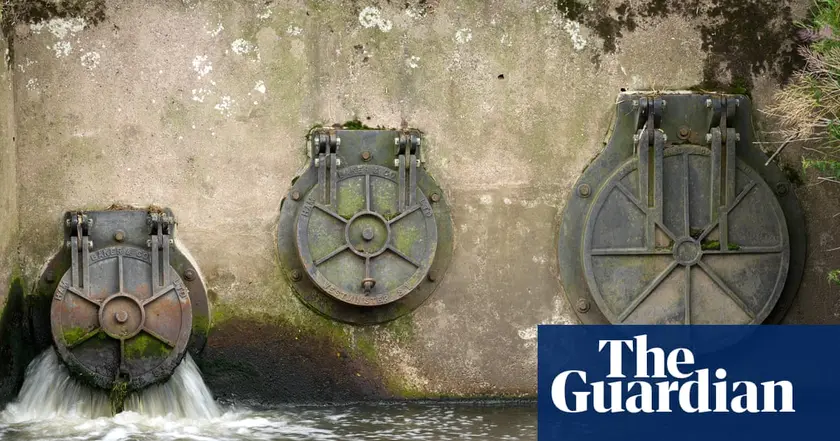
Water companies sidestep Labour's bonus ban
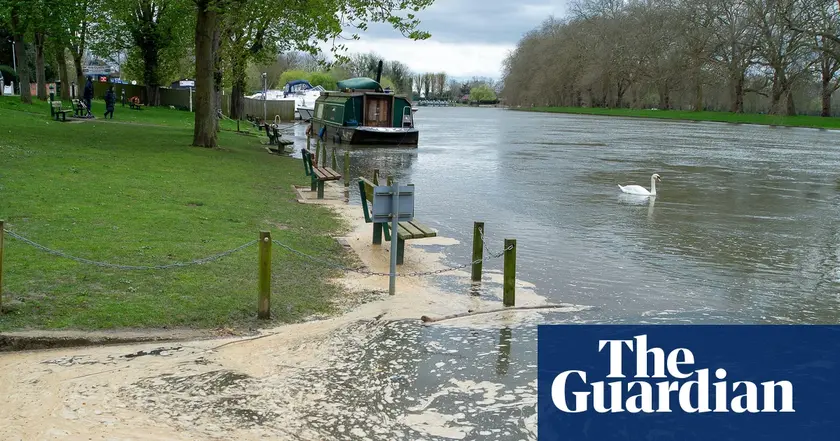
Ofwat to be abolished as water sector faces criticism

Thames Water contingency plans approved
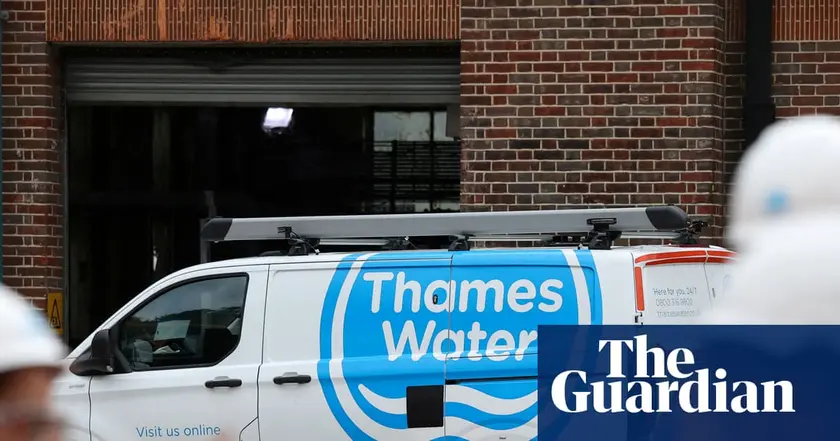
Labour MPs call for Thames Water to recover £2.5m in bonuses
